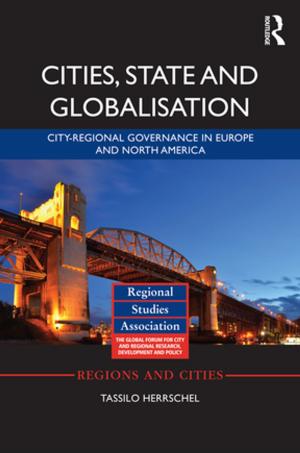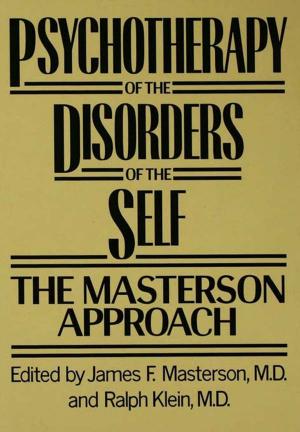Disaffection From School (RLE Edu M)
Nonfiction, Reference & Language, Education & Teaching, Special Education, Reference| Author: | David H Hargreaves, Stephen Hester, Frank J Mellor | ISBN: | 9781136457326 |
| Publisher: | Taylor and Francis | Publication: | May 4, 2012 |
| Imprint: | Routledge | Language: | English |
| Author: | David H Hargreaves, Stephen Hester, Frank J Mellor |
| ISBN: | 9781136457326 |
| Publisher: | Taylor and Francis |
| Publication: | May 4, 2012 |
| Imprint: | Routledge |
| Language: | English |
A large number of pupils are, or are liable to become, disaffected with their schooling. In this comprehensive account of the problem, Ken Reid suggests that school can and should do much more to prevent and overcome disaffected behaviour, as manifested by such factors as absenteeism, disruption and underachievement. The book covers disruptive behaviour in its broader context and examines the search for an explanation within schools themselves. Formal and multidisciplinary approaches to the problem are also fully treated. The author has drawn on his considerable school and research experience and the book is well illustrated with examples and case histories.
Ken Reid argues that questions about attitudes and approaches in teaching and in pastoral care provoke a continued challenge, and stresses that if such questions are not faced squarely the long-germ prognosis for secondary education in Britain may be bleak. Teachers in training and all those involved in the education and welfare of difficult or disadvantaged children, especially teachers, heads and social workers, will find Disaffection from School both challenging in its analysis and helpful in its suggestions.
A large number of pupils are, or are liable to become, disaffected with their schooling. In this comprehensive account of the problem, Ken Reid suggests that school can and should do much more to prevent and overcome disaffected behaviour, as manifested by such factors as absenteeism, disruption and underachievement. The book covers disruptive behaviour in its broader context and examines the search for an explanation within schools themselves. Formal and multidisciplinary approaches to the problem are also fully treated. The author has drawn on his considerable school and research experience and the book is well illustrated with examples and case histories.
Ken Reid argues that questions about attitudes and approaches in teaching and in pastoral care provoke a continued challenge, and stresses that if such questions are not faced squarely the long-germ prognosis for secondary education in Britain may be bleak. Teachers in training and all those involved in the education and welfare of difficult or disadvantaged children, especially teachers, heads and social workers, will find Disaffection from School both challenging in its analysis and helpful in its suggestions.















